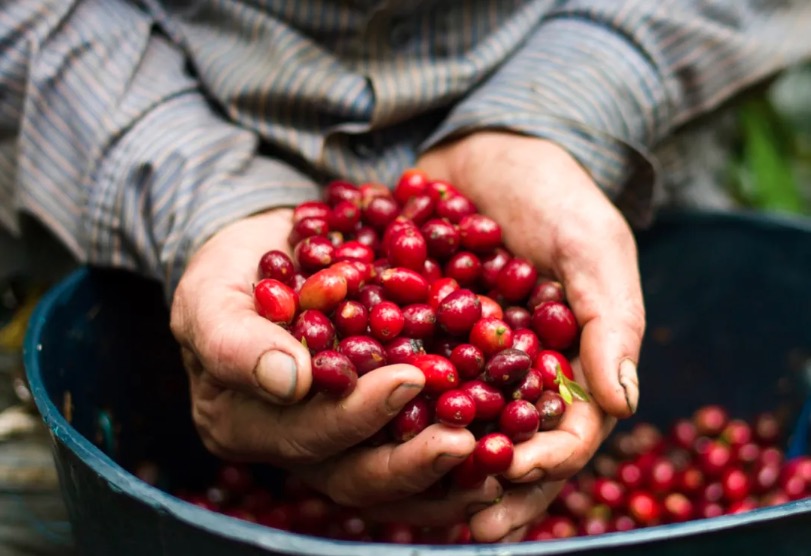It is understood that the coffee in the Colombian country has always been mainly produced by small coffee farms. In order to protect the interests of small coffee farms, in 1920, at the suggestion of coffee farmers, the Colombian Coffee Alliance was established. With continuous development afterwards, it led to a more authoritative and standardized Colombian National Coffee Producers Association, referred to as FNC. Although the organization has always represented the coffee of the Colombian country, since then, FNC has always been a private company and is not a government organization, so it is limited in many aspects.

Recently, a large coffee producers' conference was held in Colombia. At the conference, Colombian President Gustavo Petro stated that the state must take over the National Coffee Growers' Alliance (FNC) to protect and properly utilize public resources. The state's intervention will enable the coffee industry to achieve industrialization and thus export better products.
It also stated that currently, FNC has funds, but they are not used correctly, and after the government takes over, resources will benefit various regions, small producers, and farm technologicalization. It also suggests establishing credit limits for producers, modernizing infrastructure, and connecting farms with fiber optics, with a focus on establishing coffee cooperatives controlled by the same members. The state will economically help drive these projects to industrialize the coffee sector for the purpose of exporting coffee.
In addition, earlier, the coffee industry encountered many problems. Producers stated that they would protest and demand that relevant departments take measures to control coffee prices and indicated that if the government does not solve the problem, a nationwide strike action will be held at the end of April. However, at the coffee conference, based on the data collected from technical analyses, the international price fluctuations, the rise in production costs, and the significant impact of the El Nino phenomenon on the coffee industry, it was determined to launch the "Coffee Price Stability Fund".
This "Coffee Price Stability Fund" will reduce the losses suffered by coffee growers due to fluctuations in international market prices or increases in production costs, and provide economic compensation of up to 80% of the price per kilogram of coffee beans for coffee growers.
Although the government intends to enhance the current domestic coffee industry situation, the internal chaos in the country has still not been resolved. On April 7, the Central Staff Department issued a statement warning civilians not to approach the authorities' patrol teams, the military, the police force, and any other armed units of the government as new armed conflicts may occur.

In addition, although a threatening military operation was carried out, the Central Staff Department still requested a dialogue with the president. Therefore, on April 8, the Colombian government and the anti-government armed forces decided to hold a new round of dialogues in Caracas, the capital of Venezuela, on April 12, hoping to resolve the problem peacefully.





Leave a Reply